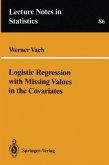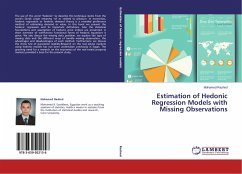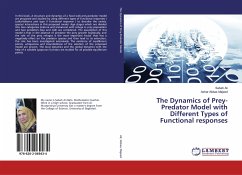Missing data, an issue frequently encountered in data analysis, causes difficulties with estimation, precision and inference. Methods for dealing with missing data issues have been studied extensively in the last few decades. All disciplines that require data collection have encountered missing data at one time or another. For various reasons, two types of missing values can be present in the same dataset. New questions about the probabilistic mechanisms generating the two types of missing values, and the conditions under which these mechanisms can be partially or completely ignored, are discussed in length. Two-stage multiple imputation (MI), an extension of conventional MI, is introduced together with two real-data examples which demonstrate the implementation of two-stage MI. In the first example the missing data mechanisms are completely ignored. In the second example the missing data mechanisms are partially ignored and partially modeled. The material covered in this book will be especially useful for professionals in the Statistics and Biostatistics fields, or anyone else who works with incomplete data.








